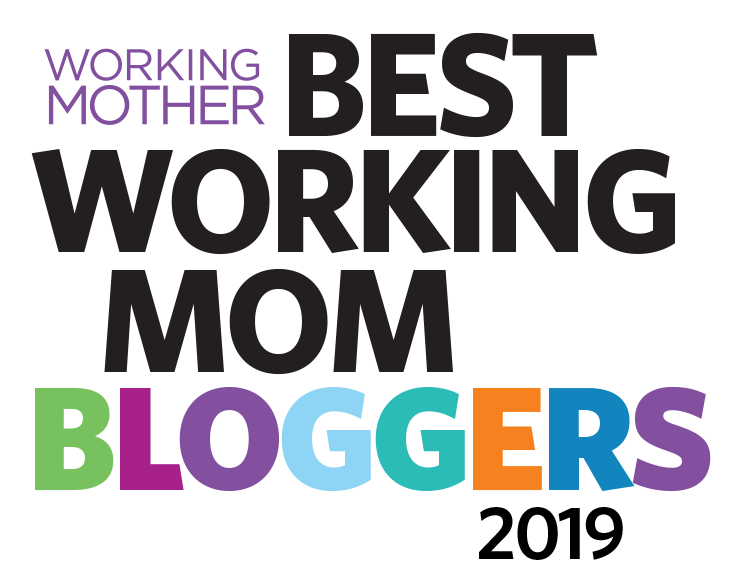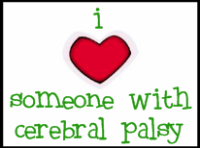"NO!" said Max.
We were at our annual visit, and Max wasn't excited about it. "I'm not sick!" he reminded me as we headed over. He was happy to let the doctor know he planned to move to Orlando, and even showed him the big house he'd like to live in with Dave and Ben. (Sabrina and I are not part of is moving plans.) Then Max said a word and I had no idea what he was saying. He kept repeating it.
"Max, use your iPad!" I said.
He wouldn't.
"Max, type out the word on my phone," I said, holding it out to him.
Nope.
I told the doctor that these communication stand-offs happened frequently—Dave or I wouldn't know what Max was telling us, and he'd refuse to type it out.
Max kept saying the word, growing increasingly frustrated.
Doctor C. started talking: "He is in the process of identity formation, and at the point where he is trying to figure out how he is like and not like other people, and it's possible he thinks that using the iPad so people understand him makes him feel lower than his siblings," he explained. "It's a power struggle, and he doesn't want to give in and use it. He wants to feel more powerful than his condition."
Ah. That made sense. "Max has to understand that like all of us, he has his deficits, and he has to be smart and work around them or be stubborn and be stuck," the doctor said. That made even more sense. Suddenly, I was seeing Max's refusal to communicate through an app in a whole new light.
"Max heeds help understanding that he can use the iPad for power," Dr. C. continued. One thing he suggested: Create a "pissed off" page. Now, encouraging your teen to let you know just how annoyed they are with you is not something most parents want, but it seemed like exactly what he needed.
So this weekend we'll be working phrases like "You're annoying me!" and "Leave me alone!" into his TouchChat app, along with any other choice sentiments he'd like. (I am going to draw the line at "Eff you, Mom!") The doctor also suggested we could try a tech day at home in which we all communicated using our devices, so Max could feel equalized.
Max just wants to fit in, as teens tend to want to do. But when I hear that he hates CP, it's painful ttpto hear. Nobody wants to see their child struggling. Plus, I don't see Max as being so different from his siblings. Yes, he has more physical challenges and doesn't speak quite like they do, but every one of them has their special needs.
I've come a long way in my journey as the parent of a child with disabilities, passing many emotional landmarks along the way: grief, hopelessness, despair, anxiety, fear and frustration. I have gotten to the point where I see the CP as one part of who Max is, not all of him. But Max's journey is his own, and I have to accept that there are times when he will feel negatively towards his disability. As one adult with disabilities commented on a recent post, "We get tired of all the appointments, pain, surgeries and missed chances, even as we recognize that who we are is often intrinsically tied to our condition."
At the end of our appointment, I mentioned that in October we're going on a Disney Cruise. Max noted that we were going to have some Halloween fun on it. Again, Max said the unintelligible word, but this time he said it in a new context and I got it. He was saying, "It's my favorite holiday!" When he'd been saying the word before, he'd been noting that Sabrina and I could come visit him there during holidays.
And so, my journey continues. I have to figure out how to best support Max at the times when he struggles with the realities of his disability, or downright hates it. I have to help him see that we all have our challenges and that we can work around them. And Max's journey continues, too.











Sounds like Max has a pretty smart neurologist! I follow anoyher young adult who uses AAC and her dad. As dhe has gotten older she uses her AAC less and makes herself understoof verbally more. It takes longer and requires people to make more of an effort to understand her but that is her choice. She is also learning that sometimes she really does need to use it! I think it's so important for kids with disabilities to be "inappropriate". So often if you have a disability you are under much more scrutiny and any step out of line is view as lack of social skills or some other deficit rather than the very normal boundry testing that all kids do. I hope Max enjoys his "pissed off" page! I got into such little trouble as a teen my mok actually took me aside and told me it was okay to break the rules once in awhile. I didn't manage to as a teen (combo of having most all of the freedom I wanted and some rigid autism thinking plus physical limits from my physical disability) but I really enjoyed exploring rules and breaking them in college and testing social boundries and what I could say to who and how I could express myself. I grew a lot and it sounds like Max is too.
ReplyDeleteHis neurologist is smart and caring, a winning combination. As much as it is Max's choice to use his voice, he definitely has a learning curve for knowing when he does have to use the AAC. When he someday gets a job, it will be necessary. Max's "pissed off" page is coming along nicely and I can assure you he will be putting it to frequent use at home. !!!
DeleteGet Ben and Sabrina talkers. Have Sabrina use hers incorrectly on purpose. Max will no doubt show her how it’s done, and Ben will learn to read and communicate easier. Introduce Max to adults who use AAC. Socialize more with disabled adults, have them talk about disabilities to him. If the only vision of the future you show him is one where everyone is nondisabled then he will be forced to model himself on that.
ReplyDeleteSo true. I am going to have to work on finding more adults in our lives who use AAC. A lot of students at his school use AAC, so that's good. And: SO genius to have Max try to correct Sabrina—he really enjoys being right. Thank you.
DeleteAgree with OP. It might be a good idea to have Max socialise with other young people with disabilities. Eg if they are communicating through AAC or sign language.
ReplyDeleteYes. Although a lot of students in his class use AAC, I think it would be great to see adults using it, too.
DeleteThis is a great idea! I had a similar situation with my autistic brother. When he has about 16 he quit doing things that I knew he was capable of. We thought he was starting to revert. After meeting with his doctor we realized he was going through puberty and challenging us by not doing things. I remember doing the same thing as a teenager. Sometimes I focus so much on his limitations and making progress I forget he is a growing young man with a mind of his own.
ReplyDeleteThe bottom line is: teens are teens!!! Max's latest phrase is "I told you so!" And now he's got his little brother saying it, too. Help. Me.
DeleteThe neurologist offered great advice here. I think it will be really awesome for Max if all of you can have tech days from time to time, so he can feel like he's on an even playing field.
ReplyDeleteIn my own experience, I grew up feeling like I hated my disability, but in reality? I hated being "the only one." Max may be dealing with similar feelings here, and it's hard to realize you may not hate your disability (which I realized when I was around peers like me) if you spend 90% of your time around nondisabled people. Being from a majority nondisabled family can be unintentionally ostracizing. You may not be the best person to reassure Max on this particular front. Being told "everybody's different" doesn't address the reality that we FEEL different and we ARE.
I know Max goes to school with other kids with disabilities but does he know any adults with CP who could talk to him? Maybe a grown man? A lot of times it can be hard for us to envision a future for ourselves because we don't see anyone older than us who can tell us, "It's going to be okay." "There are people out there like you." "You aren't alone."